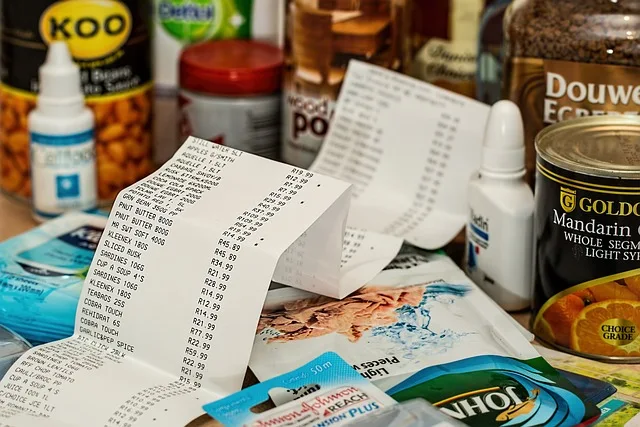You've probably heard the argument that if you spend more money now, you won't have to spend more money later. Often, these discussions are about expensive homes, cars, or electronics, all of which may need future maintenance or repair. But what about clothing, food, and personal hygiene products? Buying these types of products can have a bigger impact on your wallet than expensive items that you only buy a few times in your life.
There are countless articles and blogs about saving money by buying a higher-quality option. But what about buying the most ethical option? Isn't the impact of your purchases on the world part of the equation, not just how much money you can save? Ethical buying is a growing practice and has begun to change the way some companies source products.
There are many different factors to consider when making an ethical purchase, and it can be overwhelming if you've never tried it before. Should we buy local products or fair trade products from Ecuador? What about organic palm oil versus non-organic olive oil? Some of you may not even know what fair trade really means or why palm oil should be avoided.
As companies struggle to provide a growing population with basic necessities and luxuries, new production methods, the discovery of natural resources, and scientific breakthroughs have allowed Manufacturers to deliver products quickly and at affordable prices. Instead of being limited to one pair of shoes for years, most of us (even in many third-world countries) can now buy multiple pairs of shoes each year. But there is a downside to affordability and mass production of consumer goods.
Consumables are items that can be purchased, used, and discarded. Many non-consumable products that people use every day have turned into consumer products through advertising. An example is fast fashion, have you heard of it? New clothing styles come out every week, and advertisements tell us we need to constantly change out of outdated clothes, leaving us constantly dissatisfied with our current wardrobe.
“We consume 400% more clothes than we did 20 years ago."
"We grew up in the "fast fashion generation". We have wardrobes full of clothes, but it feels like we have nothing to wear."
-MAXINE BÉDAT Co-founder of Zady (a company that changed the way clothes are made while also raising awareness. consumer awareness of the impact of fast fashion)
This phenomenon has had a huge impact on the world in many ways: cutting wages and ignoring worker safety measures Deforestation for money Palm oil plantations and cattle ranching displaced villages and endangered animals that could soon become extinct. Pollution from mass production quickly wreaks havoc on ecosystems and pollutes human resources.

